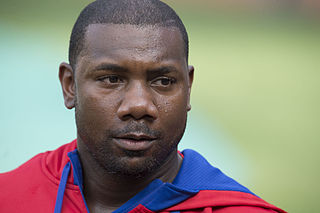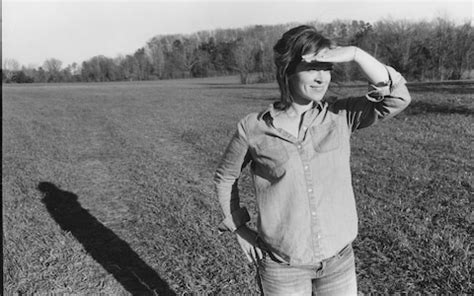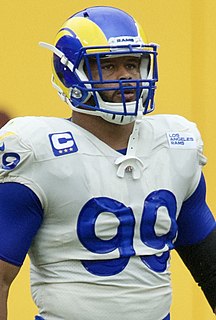A Quote by Nicholson Baker
In the novel, I can change things and simplify, and make events work towards whatever meanings I'm trying to get at more efficiently.
Related Quotes
I'm always trying to make something that is impossible to film. Why would somebody just read a novel when they can see it on TV or in the cinema? I really have to think of the things fiction can do that film can't and play to the strengths of the novel. With a novel, you can get right inside somebody's head.
I think that with albums these days, as long as you are moving forward and not trying to re-create things and looking back, albums are like living breathing things. They change, they evolve and it's this big thing that you are trying to get out to people. To me, whatever you can do to get it out there, do that.
You have to seek the simplest implementation of a problem solution in order to know when you've reached your limit in that regard. Then it's easy to make tradeoffs, to back off a little, for performance reasons. You can simplify and simplify and simplify yet still find other incredible ways to simplify further.
A short story is confined to one mood, to which everything in the story pertains. Characters, setting, time, events, are all subject to the mood. And you can try more ephemeral, more fleeting things in a story - you can work more by suggestion - than in a novel. Less is resolved, more is suggested, perhaps.
One wants more time, more youth. That is it. That is all one asks for - nothing but that, a little more time. Hear it running by! Listen! In the night, in the morning, at noon, at even, rushing by, silent, stealthy, trying to hoodwink you by the fixed appearance of things that seem not to change; but never stopping. Oh, to stop it! Oh, to get it back! Oh, to dig one's toes in and refuse to be rushed headlong towards the brink!
I think everything you are, everything that engages you, eventually comes to bear on the novel you write. I think the creative energy in novel writing, obviously, comes from tension. From trying to fuse. From trying to make coherent disparate things that might not at all seem to belong together within a narrative.
You may not control all the events that happen to you, but you can decide not to be reduced by them. Try to be a rainbow in someone else's cloud. Do not complain. Make every effort to change things you do not like. If you cannot make a change, change the way you have been thinking. You might find a new solution.






































